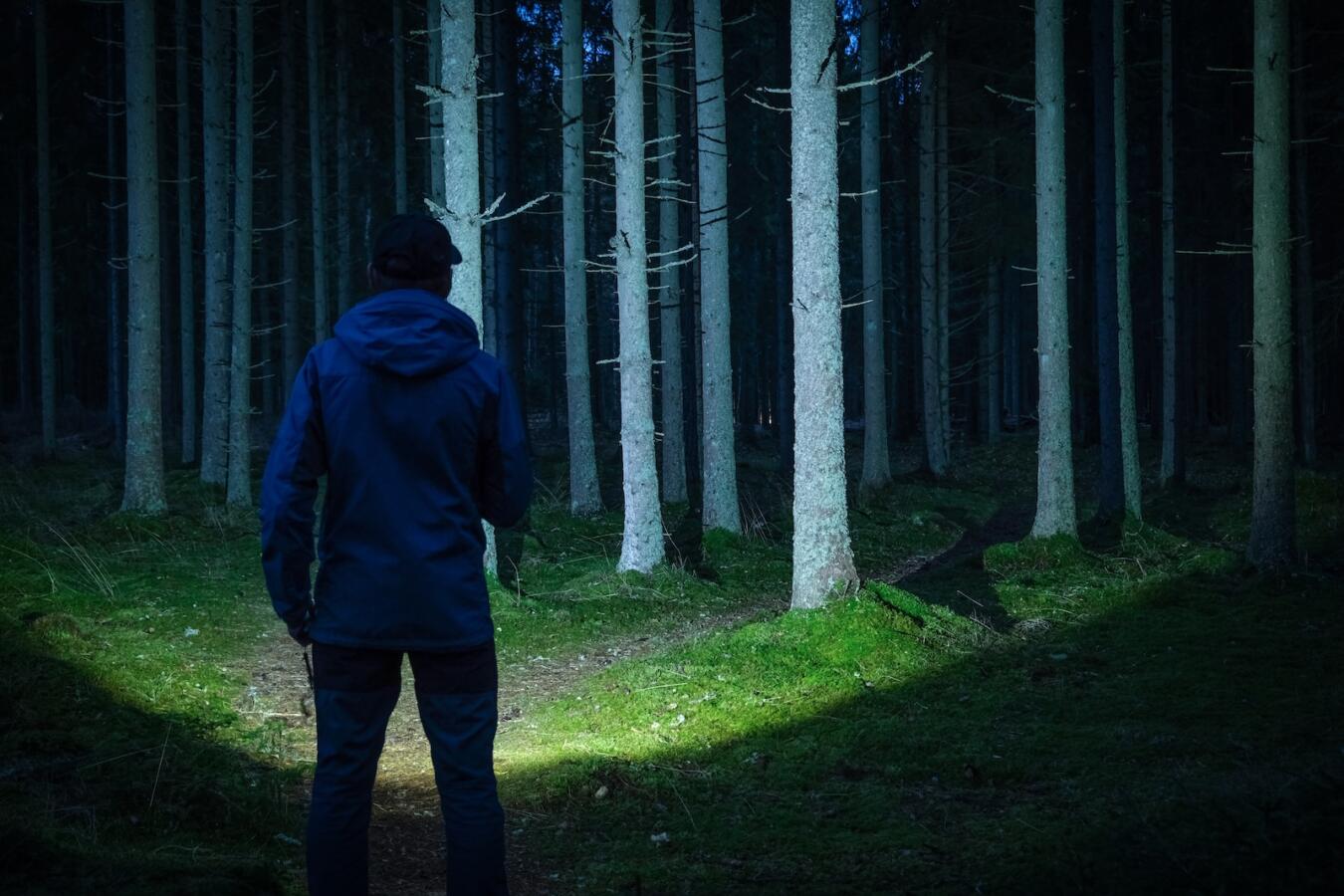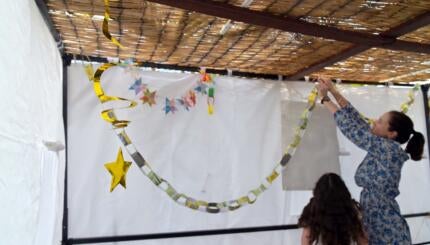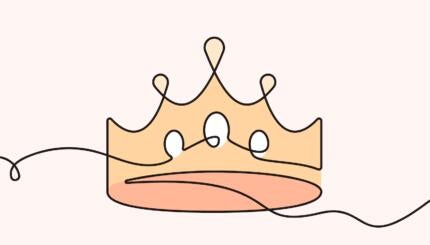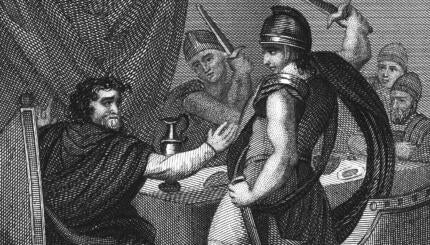In the Talmud (Megillah 24b), the second-century sage Rabbi Yosei ben Halafta tells the story of a blind man walking through the darkness at night carrying a torch.
Rabbi Yosei offers this story in response to another strange image that appears in this week’s Torah portion. Moses is giving many ominous warnings of all the terrible things that will happen to Israelites if they do not follow the commandments. Some of these curses are very tangible: famine, sickness, attack. But this particular curse is phrased in the language of metaphor: “You shall grasp about at noontime as the blind grasps in the dark, and you will not succeed on your way.” (Deuteruonomy 28:29)
The metaphor itself is curious. What exactly is this “grasping about” meant to indicate? But Rabbi Yosei is troubled by something else in the image: “I always wondered about this verse: ‘You shall grasp about at noon as a blind man grasps in the dark…’ For what difference does it make to a blind man whether it is dark or light?”
That’s a good question. Why does the verse specify that the blind person is in the dark, when that factor seems irrelevant to their experience? Rabbi Yosei continues: “Until one day, the following incident occurred: I was walking on a pitch-black night when I saw a blind man walking in the road, with a torch in his hand. I said to him, ‘My son, why do you carry this torch?’ He replied: ‘As long as I have this torch in my hand, other people can see me and save me from the pits and the thorns and thistles.’”
With your help, My Jewish Learning can provide endless opportunities for learning, connection and discovery.
So, Rabbi Yosei concludes, it does matter to the blind whether or not it is dark or light out — not because it affects their ability to see, but because it affects ours. The blind man can escape the pitfalls of the darkness by carrying a torch, for its light alerts those around him to his predicament.
The story in the Talmud is told to settle a particular legal question: Can the blind lead prayers that include the blessing that thanks God for creating the lights of the sun and the moon? The majority holds that they can, but one rabbi objects for a technical reason: The blind have never benefited from the light themselves, so how can they thank God for it on our behalf? Rabbi Yosei’s story comes to show that the blind can benefit from light, even when they do not see it, if we see it and we see them in it.
That’s a very nice conclusion, and a very nice explanation of the verse in Deuteronomy. But there’s something else going on in Rabbi Yosei’s story. It’s true, he was able to come to the blind man’s aid, which serves as proof that blind people also benefit, indirectly, from light. But in this case, the light didn’t come from the sun or the moon. It came from the blind man. He knew, in a deeper way than anyone, what it is like to be in the dark and what might happen. So he came prepared. Others were only able to take care of him because he showed them how.
But it’s more than that. Where was Rabbi Yosei before the blind man came along? He was in the dark! “I was walking on a pitch-black night,” his story begins. We might have missed this detail because we were focused on the experience of the blind man, but it was Rabbi Yosei who was stumbling around in the dark. And he was not used to being in the dark, so he was the one in real danger. What if a pit or a thornbush were in his path?
Then suddenly, the blind man appears with the torch he needs so Rabbi Yosei can save him. But by bringing it with him, he also saves Rabbi Yosei from being lost in the darkness.
This, perhaps, is the real point of the curse from Deuteronomy. You will fumble about in the dark like a blind person, but you are not blind, so you will not know how to navigate in the dark. The darkness will terrify you and you will not be able to move forward.
When that happens, you had better hope that an army of the blind comes to your rescue, emerging out of the dark with torches in their hands. So that you can help them, sure, but also because in doing so, you will be able to help yourself make it down the path.
Of course, all this is about more than just day and night. The darkness of the night is a metaphor for the darkness in our history, the darkness in our lives, the darkness in our hearts, the sense of being lost and terrified and all alone as we struggle down the path of life.
Who will help us to see the way forward? Who will take us out of the darkness and into the light? Maybe it will be someone who is even more vulnerable than we are. Maybe it will be someone who has struggled with this before and knows what to do because they had to figure it out for themselves. Maybe our savior will be someone who, in asking us for help, gives us exactly what we need.
This article initially appeared in My Jewish Learning’s Shabbat newsletter Recharge on September 13, 2025. To sign up to receive Recharge each week in your inbox, click here.



